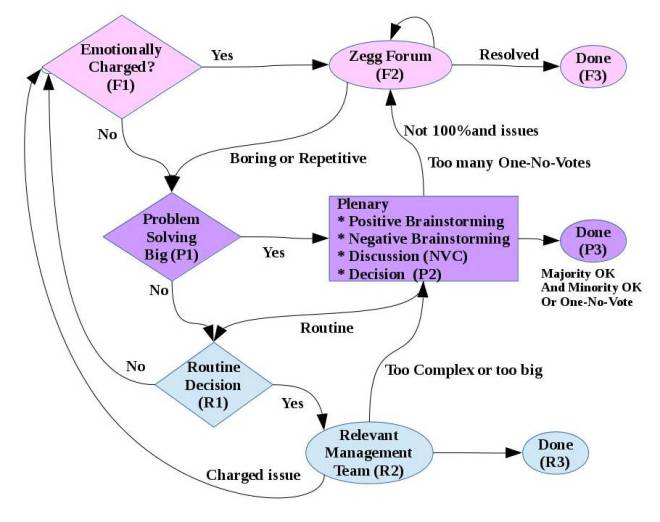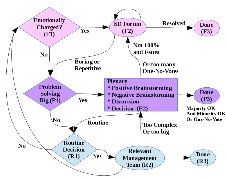Book: Bullshit Jobs: A Theory, by David Graeber
Kindle edition ISBN: 150114331X; Publisher: Simon & Schuster (May 15, 2018)
A “bullshit job” (henceforth referred to as a B.S. job) is a job that has no value. If it were to disappear, there would be no impact. Because “value” is so subjective, he leaves the definition of a B.S. job up to the worker. Do you see value in your job, even if it is an awful job? If so, maybe for you, it’s not totally B.S. Or do you see yourself as just a “cog” in the work machine? Or even worse: a useless cog?
Continue reading Story: Bullshit JobsIt’s as if someone were out there making up pointless jobs just for the sake of keeping us all working. And here, precisely, lies the mystery. In capitalism, this is precisely what is not supposed to happen. …
… this is the sort of very problem market competition is supposed to fix. According to economic theory, at least, the last thing a profit-seeking firm is going to do is shell out money to workers they don’t really need to employ. Still, somehow, it happens. …
The answer clearly isn’t economic: it’s moral and political. The ruling class has figured out that a happy and productive population with free time on their hands is a mortal danger (think of what started to happen when this even began to be approximated in the ’60s). And, on the other hand, the feeling that work is a moral value in itself, and that anyone not willing to submit themselves to some kind of intense work discipline for most of their waking hours deserves nothing, is extraordinarily convenient for them.
[From the David Graeber’s essay, see below]




